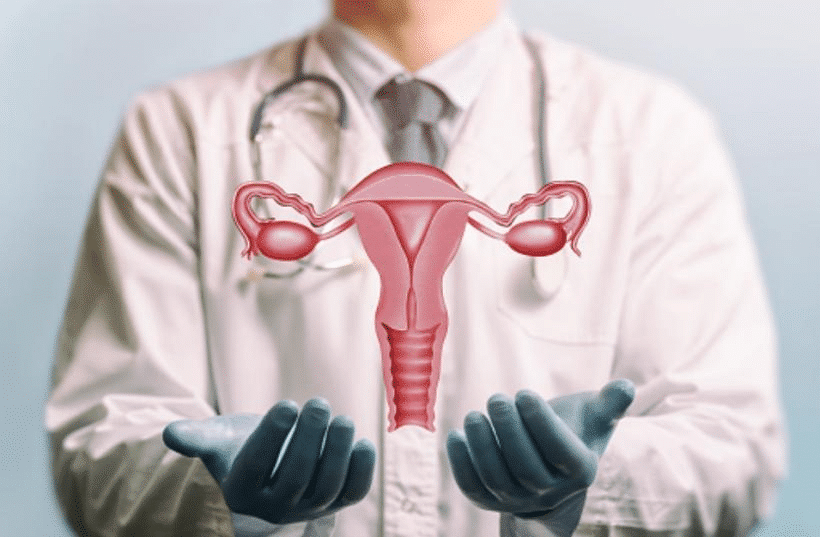Gynecologic cancers, or cancers that affect female reproductive organs, are a major threat to women’s health worldwide. These cancers can affect your vulva, vagina, cervix, uterus, or ovaries and require special treatment and care. Gynecologic oncology is the field of medicine dedicated to the detection, treatment, and prevention of gynecologic cancers.
Such conditions require complicated treatment procedures. Gynecologic oncologists specialize in protecting and treating patients with gynecologic cancer. They are responsible for providing patients with the required cancer care and additional therapy for a speedy recovery.
Here is a guide to gynecologic oncology, along with what to expect and how it can help you.
Gynecologic Cancers
Gynecologic oncology is required for the management of five types of gynecologic cancers:
- Cervical cancer
- Ovarian cancer
- Uterine cancer
- Vaginal cancer
- Vulvar cancer
According to the Centers for Disease Control and Prevention (CDC), uterine cancer is the most common gynecologic cancer in the US. Endometrial and fallopian tube cancers may occur but are very rare.
You may be at risk of gynecologic cancer due to the following factors:
- Human papillomavirus (HPV), a sexually transmitted infection
- Age over 60 years
- Genetic history of cancer
- Exposure to carcinogens
Common Symptoms and Diagnosis
Gynecologic cancers are hard to detect in the early stages, as their symptoms may be vague and vary from person to person. But these are some common symptoms:
- Abnormal vaginal bleeding or discharge
- Pain in your pelvis or abdomen
- Bloating or constipation
- Frequent peeing
- Itching, soreness, or lesions near your vagina
If you have any of these symptoms, you may have to undergo these diagnostic tests:
- Biopsy, or microscopic examination of cells from your affected area
- Screening tests like Pap smear
- Pelvic examination for signs of gynecologic cancer
- Ultrasound or imaging tests
Experts recommend getting routine check-ups to detect cancer in its early stages. If you are diagnosed with gynecologic cancer, you will have to visit a gynecologic oncologist.
You can schedule a consultation at a trusted cancer care facility like Nevada Surgery and Cancer Center (NVSCC).
What to Expect During a Gynecologic Oncology Appointment
A typical appointment can entail the following based on your result and the severity of your condition:
Genetic Testing and Counseling
If you have a family history of cancer, you may be at a higher risk of developing it. You may have to undergo genetic testing and cancer counseling.
This is done to check whether you have certain genes that can cause hereditary cancers such as ovarian cancer. Doctors will help you process the results and take the necessary steps toward prevention or treatment.
Treatment Planning
Based on your results, your health will be continuously monitored to avoid any complications. Your treatment will be planned to ensure your health, safety, and comfort and will depend on the following:
- The spread and stage of your cancer
- Whether you want to spare your fertility and have children in the future
Treatment Options
The main treatments for gynecologic cancer are radiotherapy/chemotherapy and surgery like hysterectomy.
At NVSCC, gynecologic oncologist Dr. Lynn Kowalski, along with her team of doctors and caregivers, offers minimally invasive, fertility-sparing surgery. She specializes in the da Vinci surgical procedure, which is a state-of-the-art robot-assisted surgery. NVSCC offers safe, precise, efficient, and minimally invasive treatment to ensure your quick recovery.
Schedule a Consultation With NVSCC
At NVSCC, we offer complete gynecologic cancer care from counseling to post-treatment healing. If you experience symptoms or want to get tested, contact us immediately and schedule a consultation with our doctors to receive the best care and treatment.

